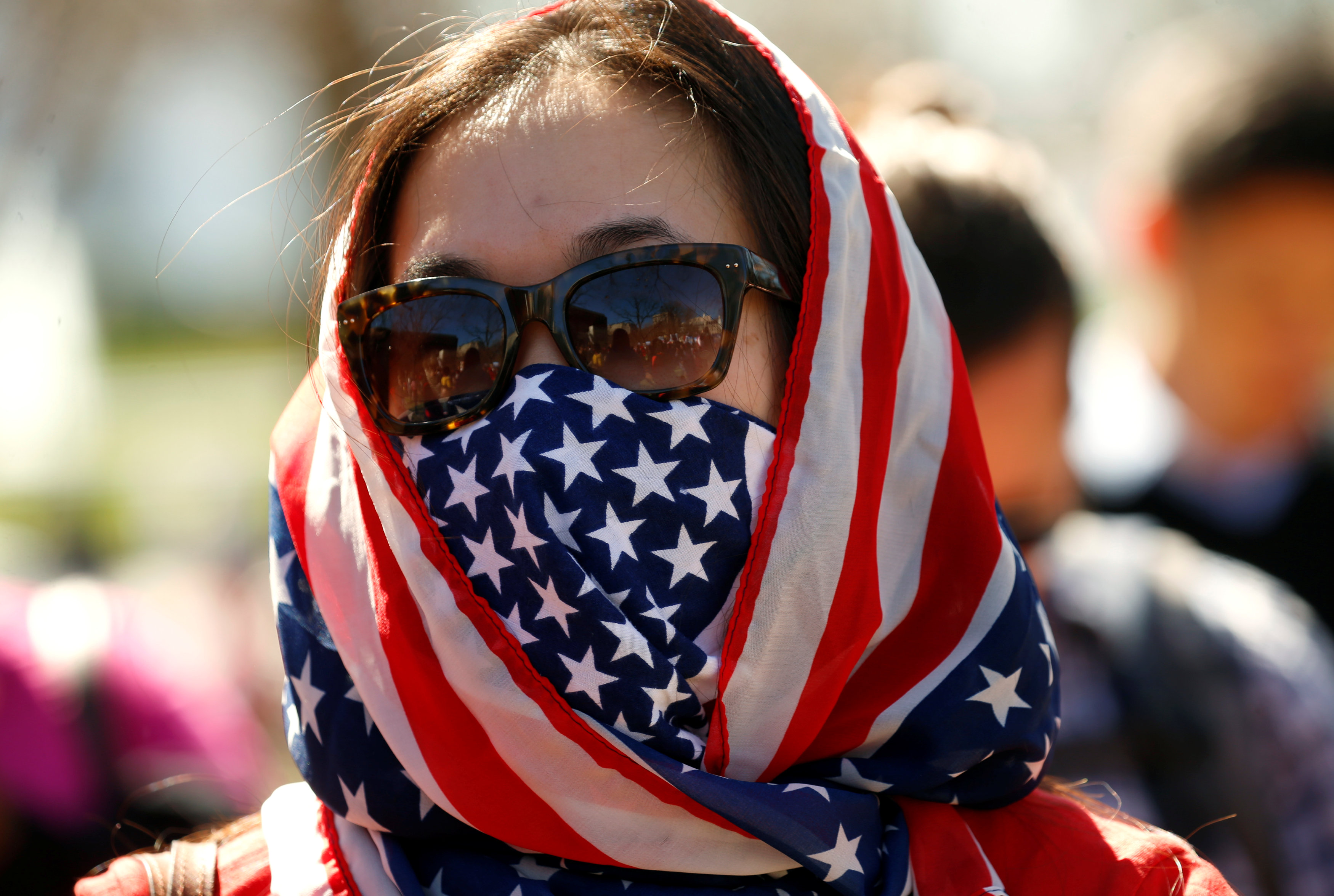
WASHINGTON (Reuters) – The White House plans to release a classified House Intelligence Committee memo that Republicans say shows anti-Trump bias by the FBI and the Justice Department, U.S. President Donald Trump’s chief of staff, John Kelly, said on Wednesday.
“It will be released here pretty quick, I think, and then the whole world can see it,” Kelly said in an interview on Fox News Radio, adding he had seen the four-page document and that White House lawyers were reviewing it.
Kelly’s comments follow Trump’s response to a Republican lawmaker after his State of the Union speech on Tuesday that suggested there was a “100 percent chance” the memo would be made public.
Justice Department officials have warned that releasing the memo would be reckless. On Monday, department officials advised Kelly against releasing the memo on the grounds it could jeopardize classified information, the Washington Post reported.
FBI Director Christopher Wray has told the White House the memo contains inaccurate information and offers a false picture, according to Bloomberg News.
White House spokeswoman Sarah Sanders told CNN on Wednesday the memo was still being reviewed and “there’s always a chance” that it would not be released.
The memo has become a lightning rod in a bitter partisan fight over the FBI amid ongoing investigations into alleged Russian meddling in the 2016 U.S. election and any possible collusion by Trump’s campaign, something both Russia and Trump have denied.
Republicans, who blocked an effort to release a counterpoint memo by Democrats on the panel, have said it shows anti-Trump bias by the FBI and the Justice Department in seeking a warrant to conduct an intelligence eavesdropping operation.
Democrats have said the memo selectively uses highly classified materials in a misleading effort to discredit Special Counsel Robert Mueller, who is leading the Justice Department’s Russia probe, and Deputy U.S. Attorney General Rod Rosenstein, who hired him.
The House panel this week voted along partisan lines to release the memo. Trump has until the weekend to decide whether to make it public.
“The priority here is not our national security, it’s not the country, it’s not the interest of justice. It’s just the naked, personal interest of the president,” U.S. Representative Adam Schiff, the panel’s top Democrat, said at an event hosted by the Axios news outlet.
Sanders told CNN Trump had not seen the memo before his address on Tuesday night or immediately afterwards.
The document was commissioned by Representative Devin Nunes, the House committee’s Republican chairman who had recused himself from the panel’s Russia probe.
Sanders said she did not know if Nunes had worked with anyone at the White House on it: “I’m not aware of any conversations or coordination with Congressman Nunes.”
(Reporting by Susan Heavey, Katanga Johnson and Doina Chiacu; Editing by Andrew Hay and Bernadette Baum)





